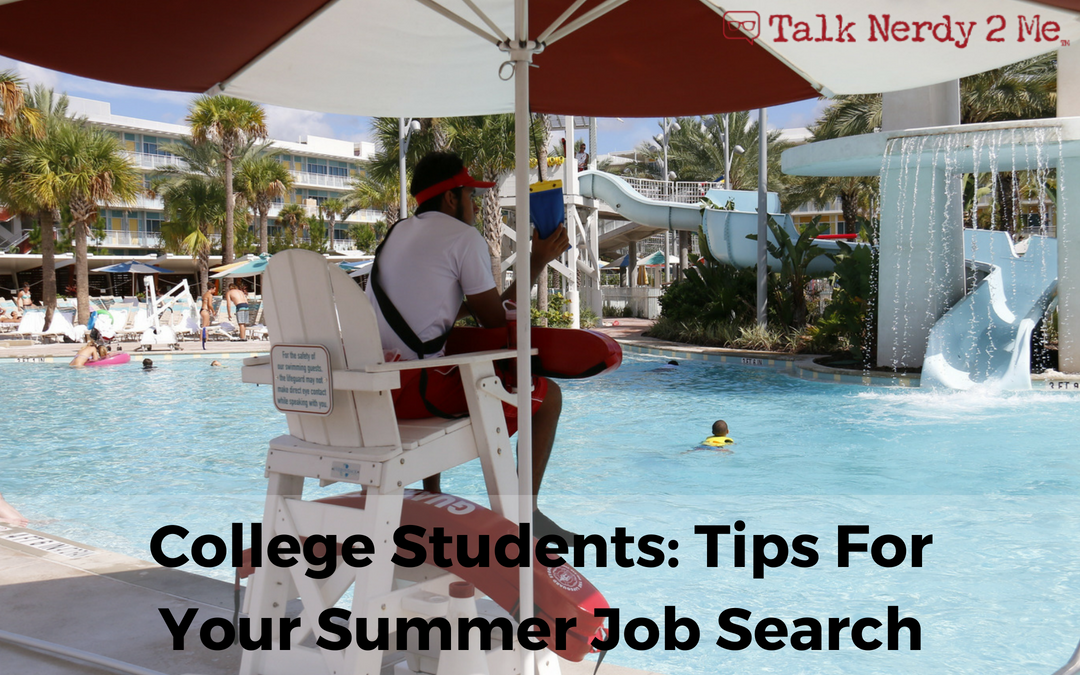Summer breaks from college are great opportunities for full-time work. You can put away some cash so that you can work part-time during the school year, or in some cases focus solely on your studies. The job market is a complicated place these days even though the economy is improving, so these tips will help make your summer job search a success.
Square Things Away Now
Do you need to update your CV? Contact your parents for your Social Security card? Find the phone number for the last job you worked? Go ahead and take care of these things so that you have time to deal with unexpected delays. If, for example, you don’t have a copy of your Social Security card, you’ll have to go to the Social Security office to get a replacement. This takes some time, even if you go during off-peak hours.
Call Your Old Boss
That job you worked last summer may not be available this year, but your former employer may find something else for you to do. If not, they might know somebody who’s hiring this time around.
Start Early
Some employers don’t want to hire immediately; they may take weeks or even months to make final decisions. If you start your job search now, make sure you give an accurate availability date. The Monday after finals week could work, especially if you’re staying near school instead of moving back home.
Stay In Your College Town
College towns and cities tend to have more openings during summer break as lots of students go home. This could be your opportunity to find work. Retailers, factories, offices, and other places will be looking for people.
If you typically stay in your college town, consider going home. Your parents, high school friends, and other people you know from there may be able to help you find out which businesses are hiring — and give you good references, too.
Consider Jobs Outside Your Career Field
Just because you don’t yet have a college degree does not mean you’re only qualified to work a couple of kinds of jobs. Check the local newspaper, city and university job boards, and your state’s employment web site for different kinds of work. You might find yourself doing something exciting and interesting for the next three months — learning how to drive a forklift, for example, or learning how to give CPR.
As a bonus, working outside your chosen career field demonstrates your flexibility. You may also learn skills that you don’t think will help you in your future career. For example, you can develop your people skills in many jobs and industries, then use them in your ideal job.
Work Two Part-Time Jobs If Necessary
Sometimes, you can’t find one full-time position that works for you. If that happens, consider multiple part-time jobs. This requires both employers to be flexible with scheduling, but it can work, especially if you’re willing to go from one job to the next on the same day.
Consider Self-Employment
If you’re entrepreneurial, you could turn one of your talents into a full-time summer job. Mowing lawns, babysitting, and walking dogs are classic examples, but there are plenty of others. Think about the things you’re good at doing and ask around to see if people want those services. Maybe your paper-writing skills can help you as a freelance writer or proofreader.
The most important thing is to keep trying. You may land a solid job offer before finals are even over. You may not. Regardless, keep pounding the pavement — and not just in the physical world. The Internet is your friend when it comes to job searches, so keep looking.

